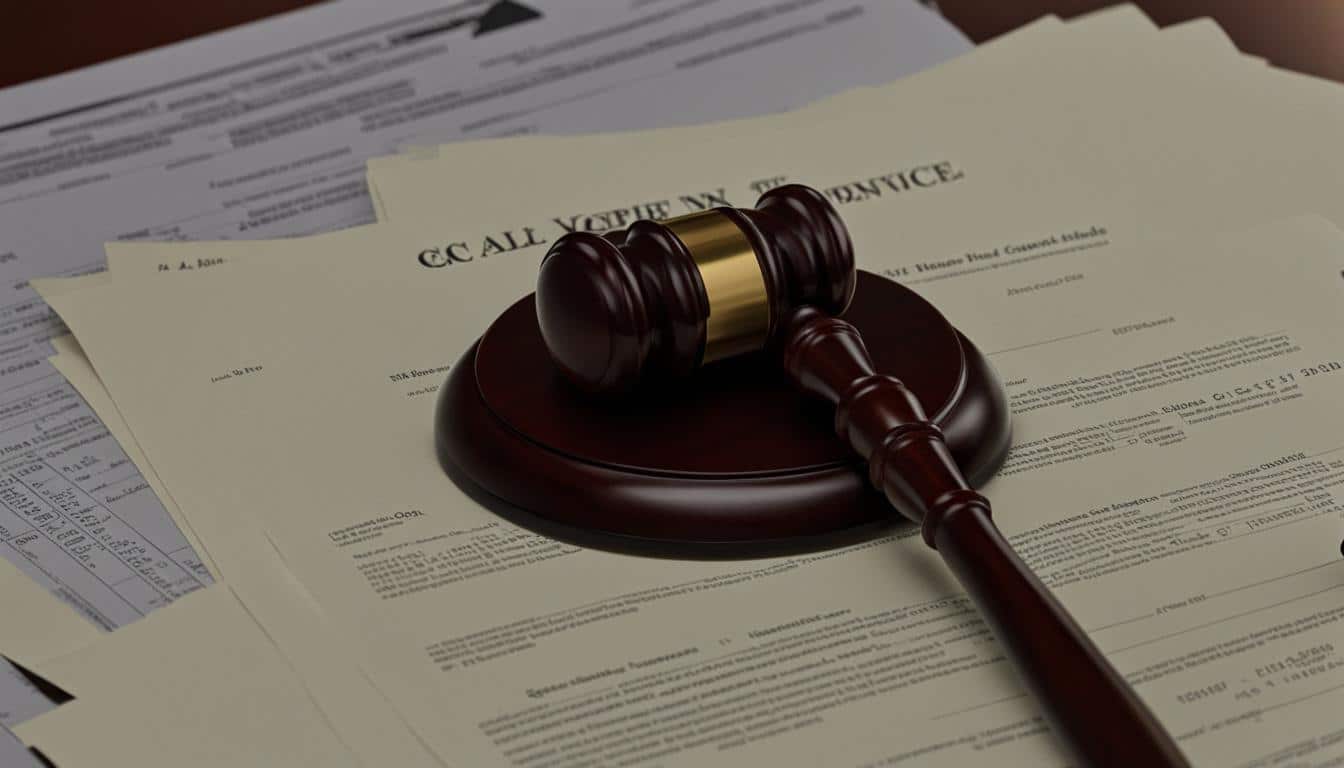Physical Address
304 North Cardinal St.
Dorchester Center, MA 02124
Physical Address
304 North Cardinal St.
Dorchester Center, MA 02124

Filing for divorce in Buncombe County, NC, can feel like embarking on a journey through a labyrinth of legal and emotional challenges. It’s not just about filling out forms; it’s about navigating a significant life transition.

Picture yourself at a critical crossroads, where every turn and decision leads to a new chapter of your life. In Buncombe, the divorce process has its unique intricacies and requirements.
Understanding the nuances of local divorce laws is important. From meeting residency criteria to navigating the specific procedures of the local court system, every step needs to be handled the right way.
We’re here to guide you through this maze, offering clear, concise advice tailored to the Buncombe County divorce process. Consider this your personal roadmap, transforming a complex journey into a more straightforward path.
Ready to learn more? Keep reading as we explore key strategies to make the process less intimidating and more manageable.
To get more info on filing for divorce in the state of North Carolina, find a detailed overview in our article, How to File for Divorce in North Carolina.
In order to file for divorce in Buncombe County, North Carolina, you need to meet specific residency requirements.
These requirements ensure that the court has jurisdiction over your case and that you have a legitimate connection to the county.
To be eligible for divorce, either you or your spouse must meet one of the following residency requirements:
Residency requirements can vary depending on the specific circumstances of your case. Consulting with a qualified family law attorney is recommended to ensure you meet all the necessary requirements.
In North Carolina, there are specific grounds on which a divorce can be granted. These grounds are the legally accepted reasons for seeking a divorce.
The grounds for divorce are categorized into two types: fault-based grounds and no-fault grounds.
Fault-based grounds for divorce include:
No-fault grounds for divorce include:
Buncombe County follows equitable distribution laws, which means that marital property is divided fairly but not necessarily equally. Understanding the grounds for divorce will help you navigate the legal process and make informed decisions.
You must be aware of certain steps and requirements to file for divorce in Buncombe.
This section will guide you through the process and provide you with the necessary information to navigate the divorce proceedings successfully.
When filing for divorce, there are several key documents that you will need to complete and file. These documents include:
Once you have completed these documents, you will need to serve the divorce papers to your spouse. This can be done in person, by mail, or through a private process server.
After the divorce papers have been served, the timeline for the divorce proceedings will depend on various factors, such as the complexity of the case and the court’s schedule. (For more on the timeline, check out how long does a divorce take in North Carolina.)
Remember, filing for divorce can be a complex legal process. It can be helpful to consult with an experienced family law attorney to ensure that your rights are protected and that you follow all necessary procedures.

In Buncombe County, North Carolina, there are fees associated with filing for divorce. These filing fees cover the administrative costs and processing of divorce cases within the county.
| Fee | Amount |
|---|---|
| Divorce Filing Fee | $225 |
| Service of Process Fee (payable to Buncombe County Sheriff’s Office) | $30 |
Additional costs may also arise during the divorce process, such as fees for serving divorce papers or obtaining copies of court documents.
Note that filing fees and costs are subject to change. Consult with the Buncombe County court or an attorney for the most accurate and up-to-date information regarding filing fees and costs.
If you are facing financial hardship and can’t afford the filing fees for a divorce in Buncombe County, North Carolina, there are fee waiver options available to help alleviate the financial burden.
The fee waiver program is designed to ensure that everyone has access to the legal process, regardless of their financial situation.
To be eligible for a fee waiver, you will need to meet certain criteria, which may include demonstrating financial hardship and providing documentation to support your claim. The specific eligibility requirements may vary, so consult the official guidelines provided by the court system.
Here’s the address and contact details of Buncombe’s Clerk of Superior Court:
Address: 60 Court Plaza Asheville, NC 28801-3519
Contact: Phone: (828) 259-3400
If you have any questions or need further information, you can reach out to the courthouse using the provided contact details. It’s a good idea to contact them beforehand to confirm any specific procedures or requirements related to filing for divorce in Buncombe County.
Self-representation can be a cost-effective and empowering choice, but you’ll need to understand the process and be prepared. Here are some helpful tips and resources to guide you through filing for divorce without an attorney.
First, familiarize yourself with the divorce process.
Visit the official website of the Buncombe County Courts to access the necessary forms and guidelines. The website provides detailed instructions on filling out the paperwork correctly, which is crucial for a smooth proceedings.
Take the time to review the requirements and ensure you have all the relevant information and documents ready.
Next, consider attending a self-help workshop or consultation. The courts often offer resources for individuals who choose to represent themselves. These workshops provide valuable information on the legal process, paperwork, and court proceedings. You can also consult with court staff to clarify any questions or concerns you may have before filing.
Lastly, don’t hesitate to seek additional assistance if needed. While you may be choosing to file without an attorney, there are organizations and legal aid services available in NC that can provide guidance and support.
Reach out to organizations such as Legal Aid of North Carolina or local bar associations for referrals and resources that can aid you throughout the divorce process.
To see how this process of filing for divorce in Buncombe compares to that in other NC counties, check out our articles about how to file for divorce in Brunswick County and filing for divorce in Cabarrus County.